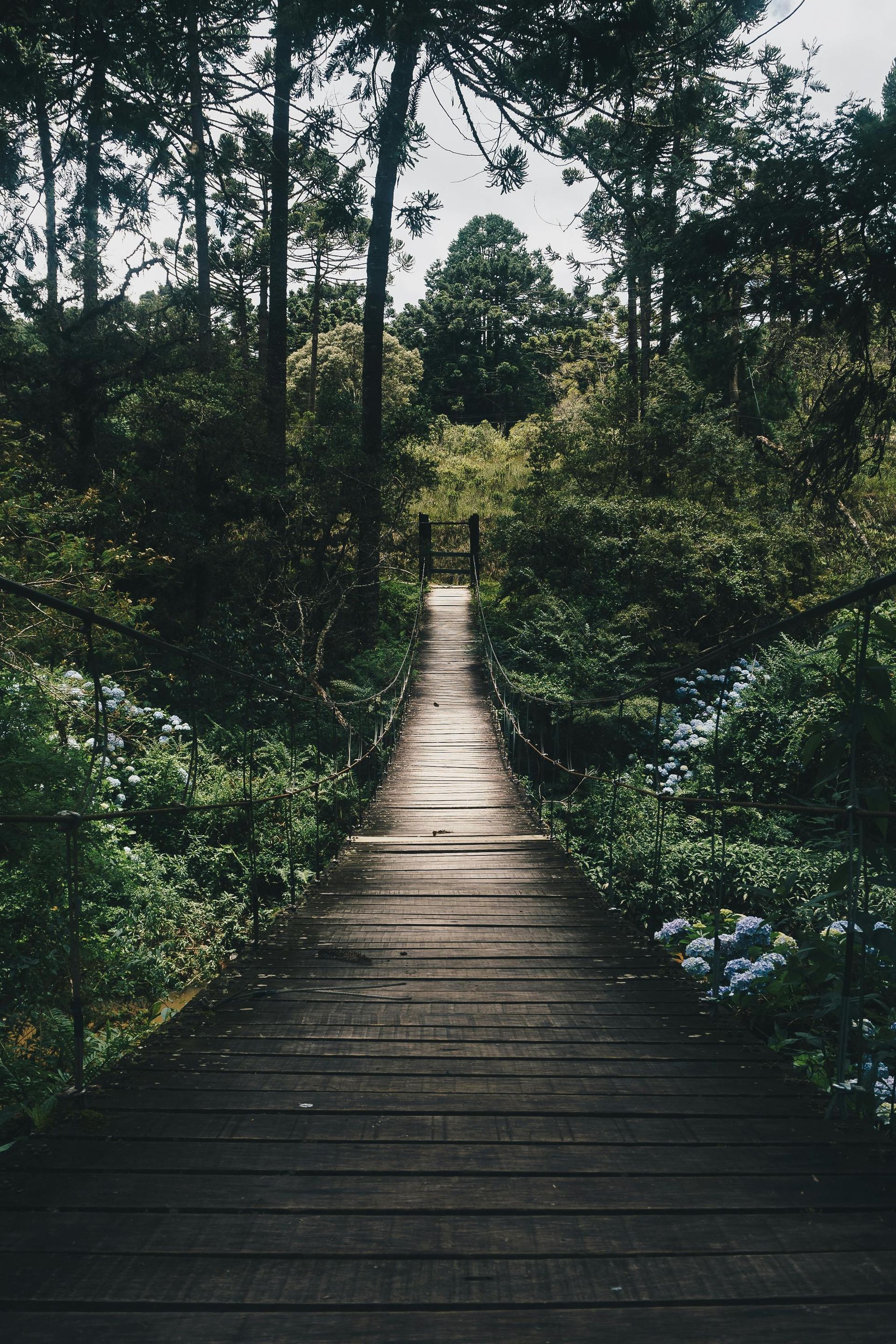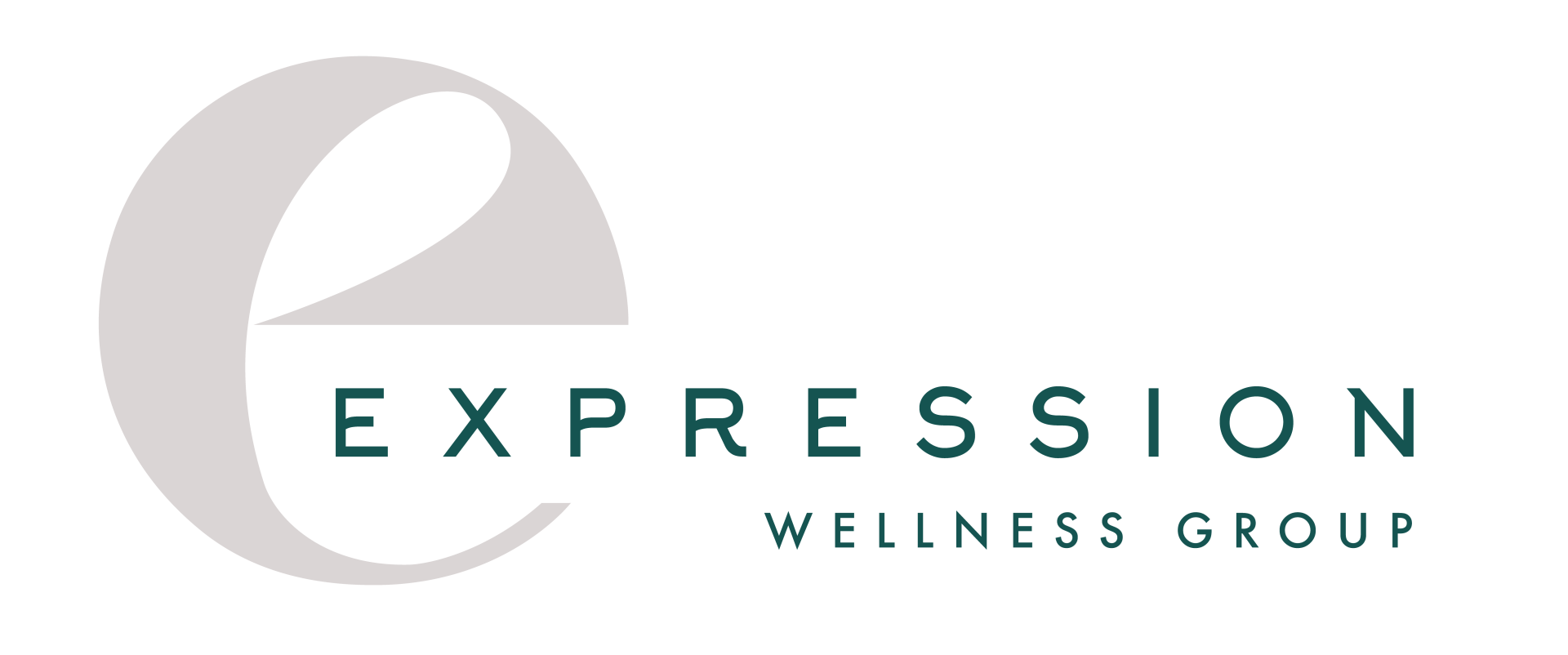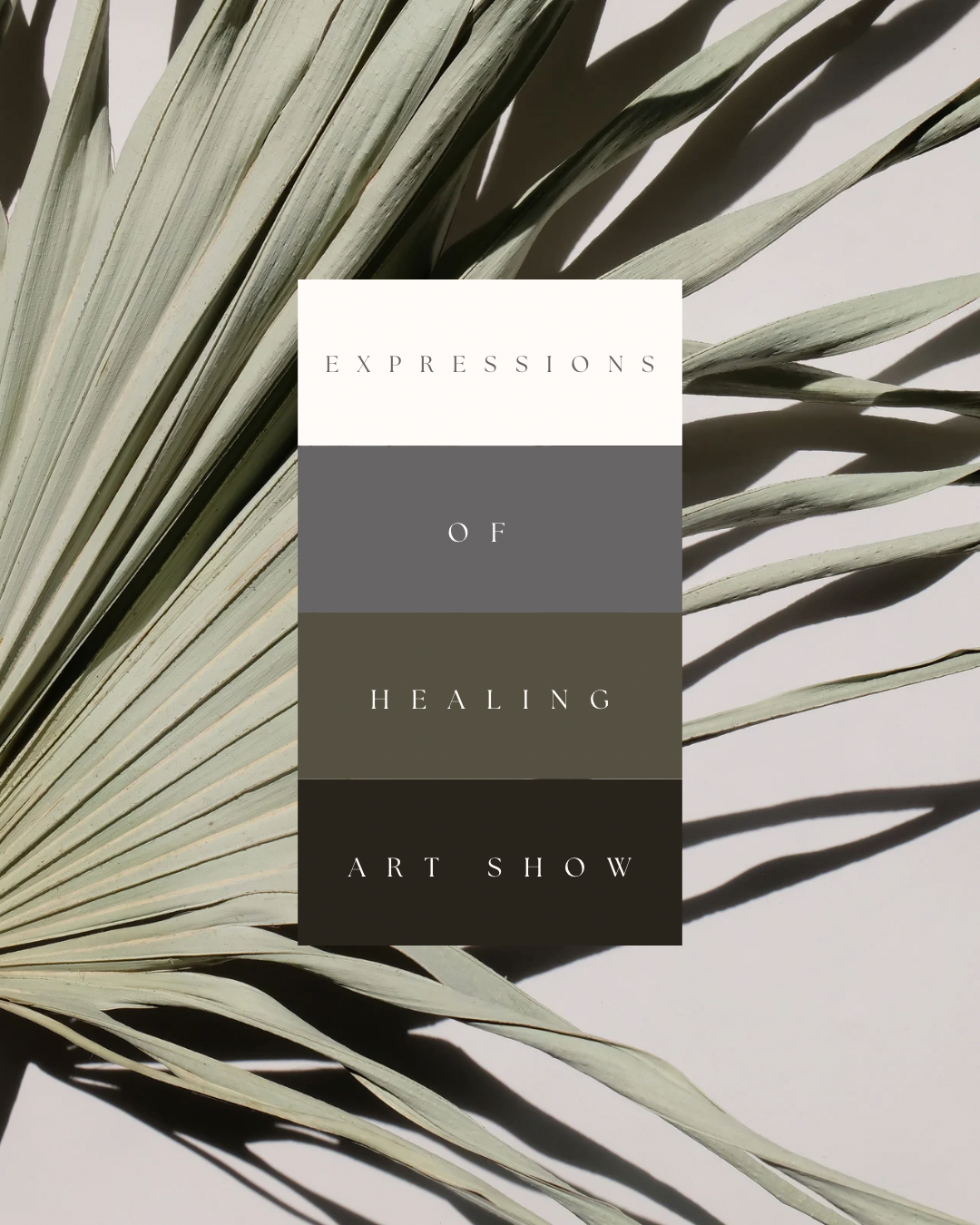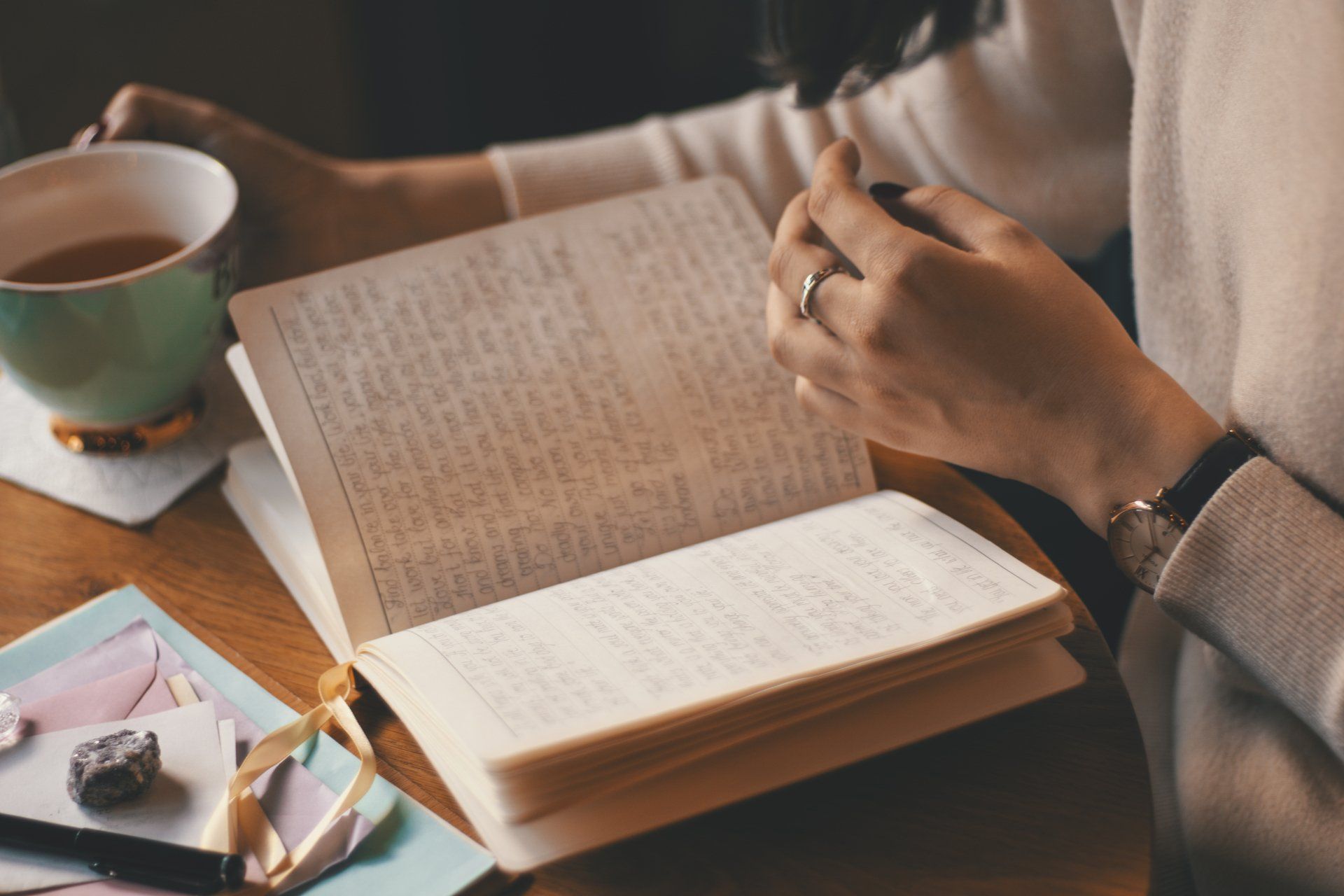Escape. We all do it from time to time, in different degrees, and with varying consequences. Escape to Netflix for hours and days, escape to our smart phones, escape in too much wine or whiskey or maybe drugs. Escape to flirtations or affairs, to online poker, or real life poker, or shopping, junk food or just too much food, sleeping, sex, pornography. Some of us escape into our work, into video games, even into exercise. Most use a cocktail of the above.
The escape I am referring to has one purpose: to hide us from our suffering , to avoid the painful and uncomfortable emotions of loneliness, shame, fear, anger, boredom, powerlessness, and grief.
Escape on its own is not necessarily a bad thing. When life is overwhelming, it’s normal, and can even be healthy, to engage in activities that distract us from our emotions. This is particularly relevant for people who feel their emotions very deeply. The body needs time to calm down so we can engage with any given situation with a little wisdom. Also, sometimes to function in day-to-day life means we simply can’t open the box where we’ve stuffed our big bad feelings. To pay the bills and feed the kids we must adopt some form of compartmentalization and escape strategies. Yet escape is a slippery slope, and unresolved emotions have a way of surfacing in ugly ways.
The issue with escape is that it disconnects us from ourselves . It removes our actions from our inner truth, our highest self, and from who and what we want to be. And it often creeps in gradually, in increments, and takes us by surprise. Suddenly we notice the disconnect between our values and behavior. And it’s not pretty. Well, in fact it’s usually pretty shameful. And shame, my friends, only begets more shame, and more harmful behavior, and more escaping, and more mess. This is a dangerous way to live. Because although the consequence might be minor (no groceries and a messy house because you fell down the Netflix rabbit hole), they can also be grave (think broken families, lost employment, relationships and self-worth).
Therefore, we are called to face those things we avoid. More so, we are called to face ourselves. We are called to experience and process our pain. And it hurts, and it’s frightening, and it’s raw. Yet the alternative is worse.
Here are some thoughts on what this looks like:
- Find a place where you know you are able to connect to yourself. For me, it’s a creek that’s near my home. For others, it might be the ocean, inside a Church or other place of worship, or perhaps a calm place inside your home.
- Release judgments about yourself and your behavior. Stop the script of shame. Instead approach your feelings, thoughts and behaviors from a place of curiosity and exploration. What lead me to this place? Why am I making these decisions? What do I need to stop doing and what support do I need to make that reality?
- To process our feelings means acknowledging the harm that was done to us, the harm we experienced, and/or the harm we have caused. Acknowledge and accept we cannot change the past. We cannot change many circumstances. We cannot change others. We must accept what has been and what is.
- Identify the feelings in your body. Name them. What emotions are you holding onto? What feelings need to be felt? What pain needs to be released?
- Cry. Ugly cry. Get mad. Yell into the abyss. Punch pillows. Repeat as needed.
- Identify what makes life beautiful to you. What (even small) pleasure can you feel gratitude for?
- Talk it out with your partner or a friend you trust. Bad feelings grow big in isolation and smaller when shared. Intimacy is balm for a broken heart.
- Commit to a daily meditation or mindfulness practice to grow connection with self.
- Identify the difference between escaping behavior and good fun. The difference: we don’t experience shame and disconnection if it’s good fun.
- Take good care of yourself, whatever that looks like. Eat good food, go for walks, spend time in nature and with people who love you.
Please know that when facing big emotions, often we feel worse before better. All of those escape strategies have served to keep us safe and protected. With those removed, pain can feel overwhelming and hopeless. This is normal, and yet please seek support. Don’t go it alone!
My wish for you is that you feel grounded, calm, and connected to yourself and others. There is peace there.
Take good care,
Christina
*Disclaimer - If going through this process brings up suicidal thoughts or feelings, please contact a professional or tell someone who you trust so you can be cared for appropriately.




